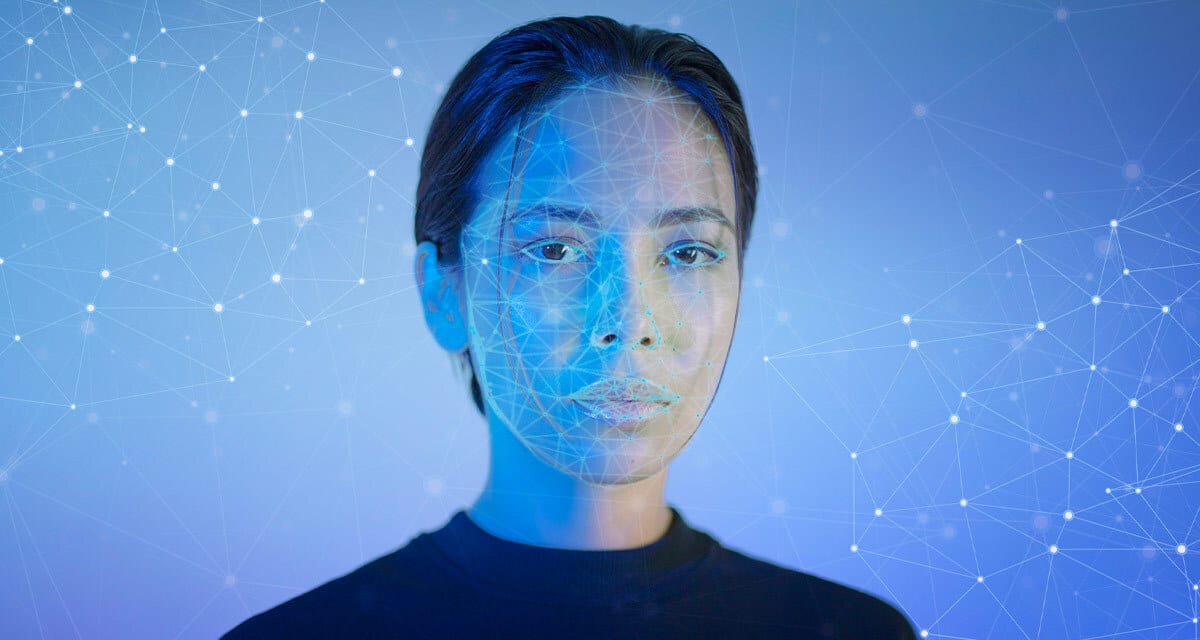The Future. Facial recognition technology is starting to be used by hospitality companies and travel authorities to make every aspect of the business more convenient for customers. But with the potential for that data to be sold to government agencies, be used in identity theft, and maybe even lead some people to be barred from entering places, facial recognition may require a legal facelift before it’s widely accepted by the general public.
Scan to enter
No ticket? There’s a face for that.
- Airports like Miami International and Boston Logan International are using facial recognition tech as a way for flyers to keep their boarding passes and passports in their pockets at their gates and speed up immigration checks.
- Cruise lines like Carnival and Holland America use the tech to optimize check-in, monitor disembarkment, and match cruisers with photos taken aboard the ship.
- Theme parks in Abu Dhabi, like Warner Bros. World and Ferrari World, let visitors use their faces to purchase souvenirs and food by connecting their biometric data to their credit cards. (Disney World tested something similar.)
- Hotel chains like Marriott are testing the tech in China to speed up the check-in process, while Club Med uses it to send guests daily photo streams from photographers that continually roam the property.
While the tech might make all these things more convenient, they also come with a lot of security risks and potential privacy abuses, especially since there’s no federal law yet governing the use of these systems (some state ones exist, though).
Some companies try to assuage customers by giving opt-out choices and promising all biometric data is deleted at the end of a stay (or each day) or faces are blurred in shared photo streams if individuals don’t consent.
But are those assurances enough to turn your selfie into an all-access pass? No one wants to get caught in a Minority Report.
TOGETHER WITH CANVA
No design skills needed! 🪄✨
Canva Pro is the design software that makes design simple, convenient, and reliable. Create what you need in no time! Jam-packed with time-saving tools that make anyone look like a professional designer.


